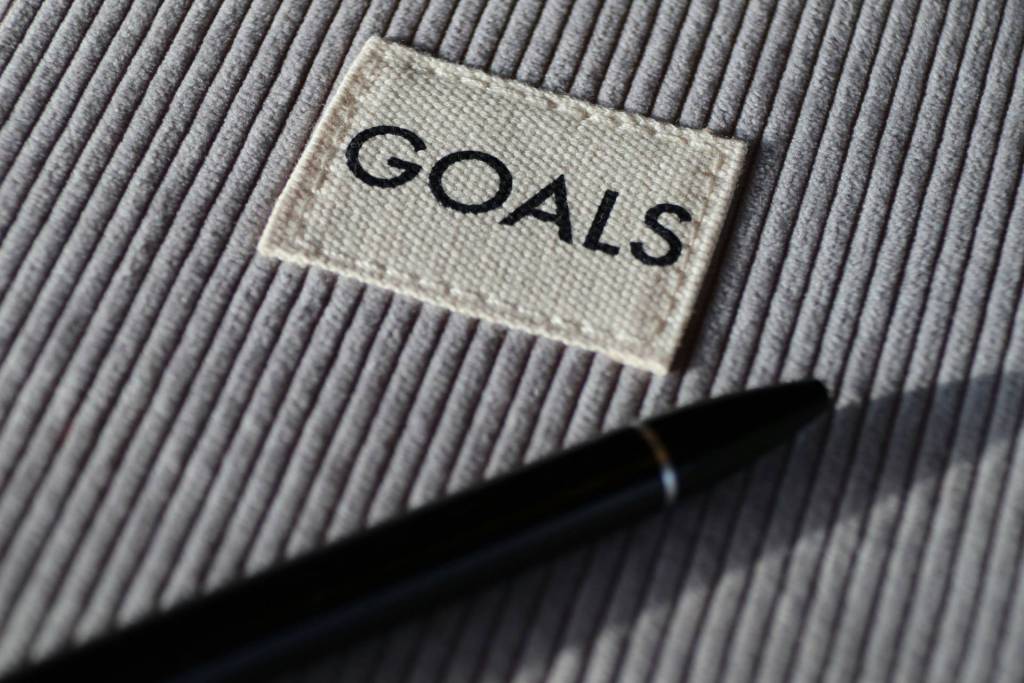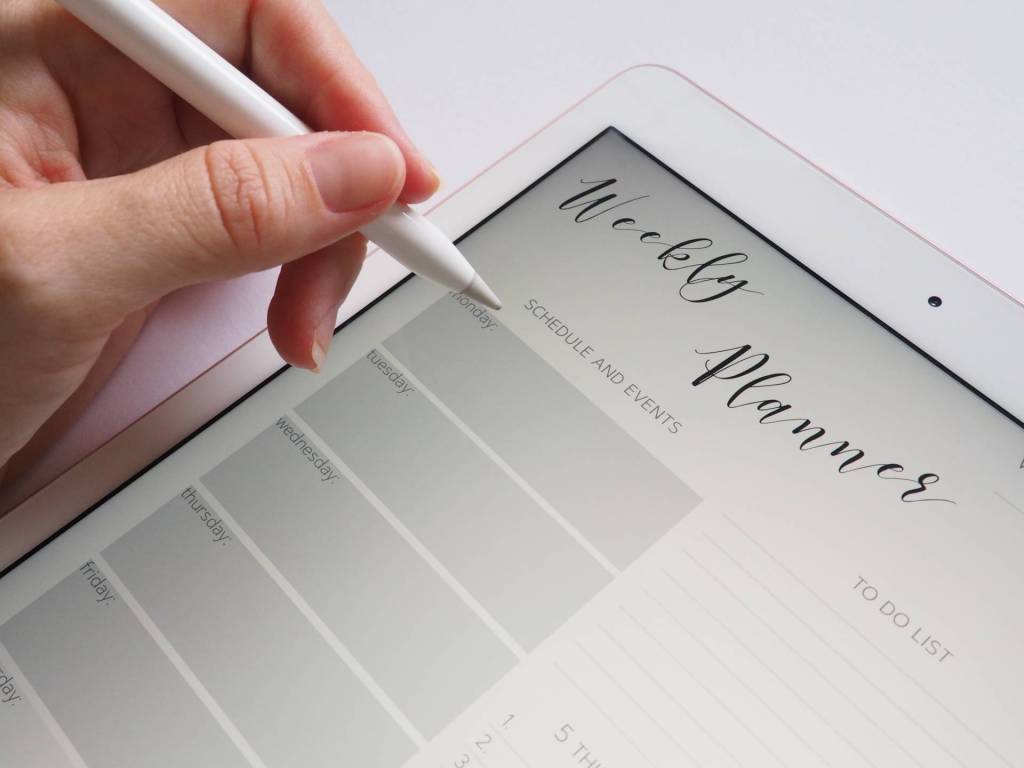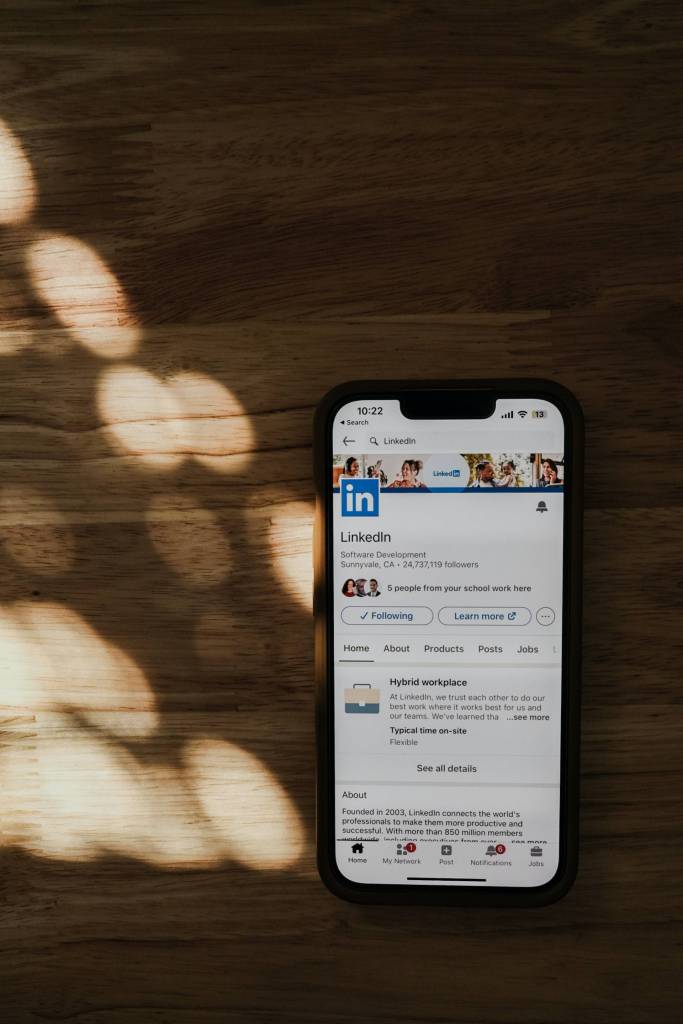Congratulations! You and just a few others have been selected from among many, many applicants to be called in for the second part of a selection process known as the interview. The process is tortuous because all of those selected are outstanding applicants who, potentially, could do the job well. So, what should you do to outshine your competition in this contest? Here are a few tips to follow.
Make the best impression
Based on the theories of Albert Mehrabian, UCLA professor emeritus of psychology, the interviewer is judging the candidate 55% on visual appearance, 38% on voice, and 7% on words. The hiring decision is made on the impression the candidate leaves behind and is based primarily on the interviewer’s gut feelings. Unfortunately, such decision making is certainly not science.
Present facts and not your opinion
The interviewer knows the candidate is there to sell himself, but the interviewer is not ready to buy everything the candidate wants to sell—except when the candidate recites facts and gives evidence about career background and ability to do the job and when he uses adjectives or other kinds of self-descriptions in sentences that begin in the third person—that is, when the otherwise self-descriptions were actually given by others.
Practice mock interviewing
Interviewing is like dancing: it cannot be learned from a book but only from practice. The more one practices, the better one becomes. Additionally, practicing builds confidence, which is picked up instantaneously by the interviewer.
Understand the interviewer
Interviews are counterintuitive: they’re not about the candidate; they’re about the candidate’s skills and experience as they relate to ability to solve the interviewer’s problems. The interviewer is listening, but his hearing is selective: that is, when the candidate talks about himself, the interviewer barely hears it; when the candidate talks about how he can solve the company’s problems, the interviewer becomes more interested and attentive and is thinking, “Louder, louder!”
Be ready to recite success stories
To be most credible in a job interview situation, the candidate has to provide facts via success stories from past jobs. Say often the words for example, and then describe briefly a situation and the actions you took, ending with a description of the results and the benefits to your team or employer. Every time you provide an interview answer, ask yourself the question “So what?” which will force you to recall and recount significant and meaningful examples.
These are good tips but it is just the beginning.













